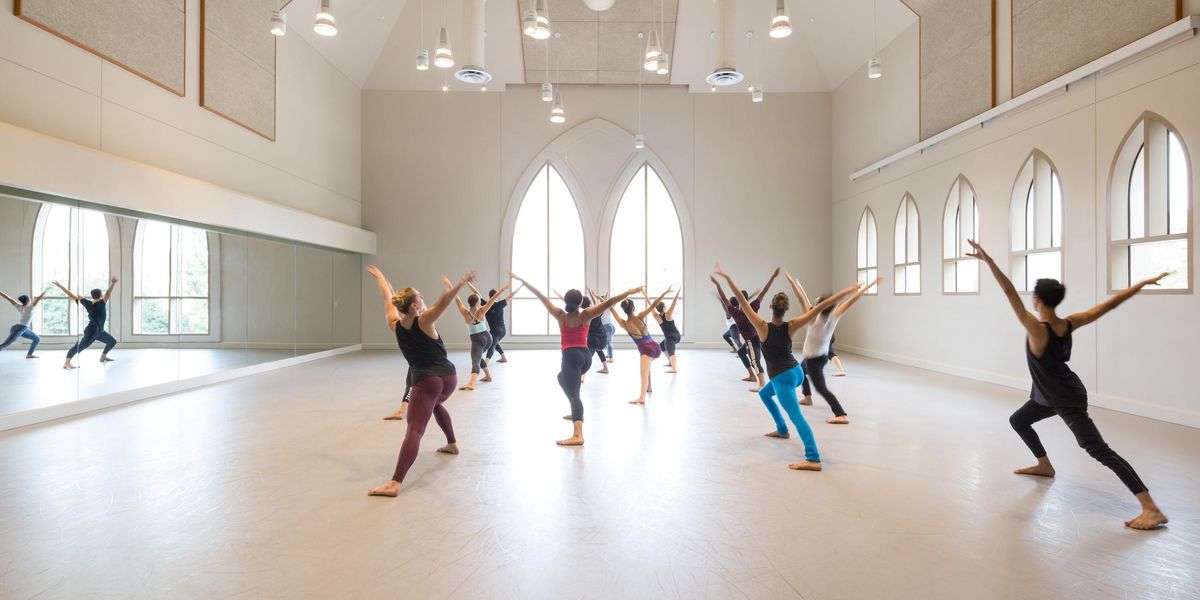Advice for Dancers: The Need for Speed
Plus tips on finding balance in relationships outside of dance and solving mysterious body aches
Send your questions to:
Dr. Linda Hamilton
2000 Broadway PH2C
New York, NY 10023
e-mail: [email protected]
Help! I’m rehearsing a Balanchine ballet and I feel like a slug. The steps are so much faster than the rep I usually dance—it’s almost impossible to stay on the music. What can I do? —Slowpoke, NYC
You’re not alone. Today’s classical ballet dancers are stretching themselves in ways never seen before due to an influx of contemporary choreography, as well as opportunities to perform work by everyone from Graham to Balanchine. Unfortunately, company classes rarely prepare you to move in all of these styles. When I danced under Balanchine at New York City Ballet, I had the benefit of taking Mr. B’s class and rehearsing under his watchful eye. To get your own dancing up to speed, I suggest taking weekly classes that emphasize Balanchine style. It would also help for you to create a visual image of the ballet in your mind. Check out a video of the ballet performed under Balanchine’s tutelage. (You can find several at the New York Public Library for the Performing Arts.) The final piece of the puzzle is to practice! Just as you cannot learn French without conversing, you need muscle memory to perform Balanchine with the agility, quick transitions, athleticism, musicality, and sharp attack that characterize his work. Lastly, stretch out your calves after rehearsals to avoid any strain from Balanchine’s emphasis on moving through demi-pointe before putting the heels down.
After years of playing it safe, I finally got up the courage to move to New York City and pursue my dream of performing in musical theater. I love my new dance classes and getting in shape to audition. The problem is I only have one close friend here, and she’s mad because I’ve been too busy to respond to all of her silly text messages. Even though I’m happy about my dancing, I’m upset about my friendship. How can I ignore her mood and stay positive? —Kate, NYC
Welcome to life’s ups and downs. You’re actually coping extremely well by enjoying the positive rewards of dancing, while going through a difficult period with your friend. However, pretending that everything is fine isn’t good for your mental health because the negative feelings will still be there. Research shows that even the happiest couples (both platonic and romantic) have conflict. It’s how they go about resolving their arguments that creates long-term satisfaction. For example, instead of withdrawing or throwing nasty zingers, they speak their minds and take responsibility for any missteps. Why not tell your friend that you don’t have time to always text back, but you still appreciate the friendship? While you obviously love dancing, nurturing relationships are a key component of a truly satisfying life. You can’t live on dance alone.
My body aches all over. Ever since our show started touring, I can’t seem to get comfortable. It doesn’t make sense. I’m dancing the same routines and even manage to stay in shape on the road. I love the camaraderie of hanging out and having dinner after the last bow on tour. Now if I could get rid of the aches and pains… Do you have any idea why I’m hurting? —David,
Pittsburgh, PA
There’s no way even a medical doctor could give you a diagnosis without a full physical checkup. Make an appointment so you can rule out any underlying health problems, such as Lyme disease, which is known for causing achy joints. Touring also makes it harder to stay in tip-top shape since many dancers rely on workouts at the gym rather than taking technique classes at a local dance studio. However, what catches my attention in your case are those late-night dinners. Cutting back on even a couple of hours of sleep each night dramatically increases pain sensitivity. People who sleep 10 hours a night have a greater tolerance for pain than if they took 60 mg of the painkiller codeine. To find out if being short on sleep is the culprit, try the 10-hour sleep test and see how your body feels. Of course, that’s easier said than done when you’re revved up after a show. To help you fall asleep (and stay asleep), avoid drinking too much alcohol and stay away from caffeine in the evening. If you smoke, this might be a good time to consider quitting, since nicotine can also cause poor sleep. Lastly, shut off your laptop. The light from a computer fools your body into thinking it’s morning.
Linda Hamilton, Ph.D., is a psychologist in private practice, the author of
Advice for Dancers (Jossey-Bass), and co-author of The Dancer’s Way: the New York City Ballet Guide to Mind, Body, and Nutrition (St. Martin’s Griffin). Her website is www.drlindahamilton.com.




